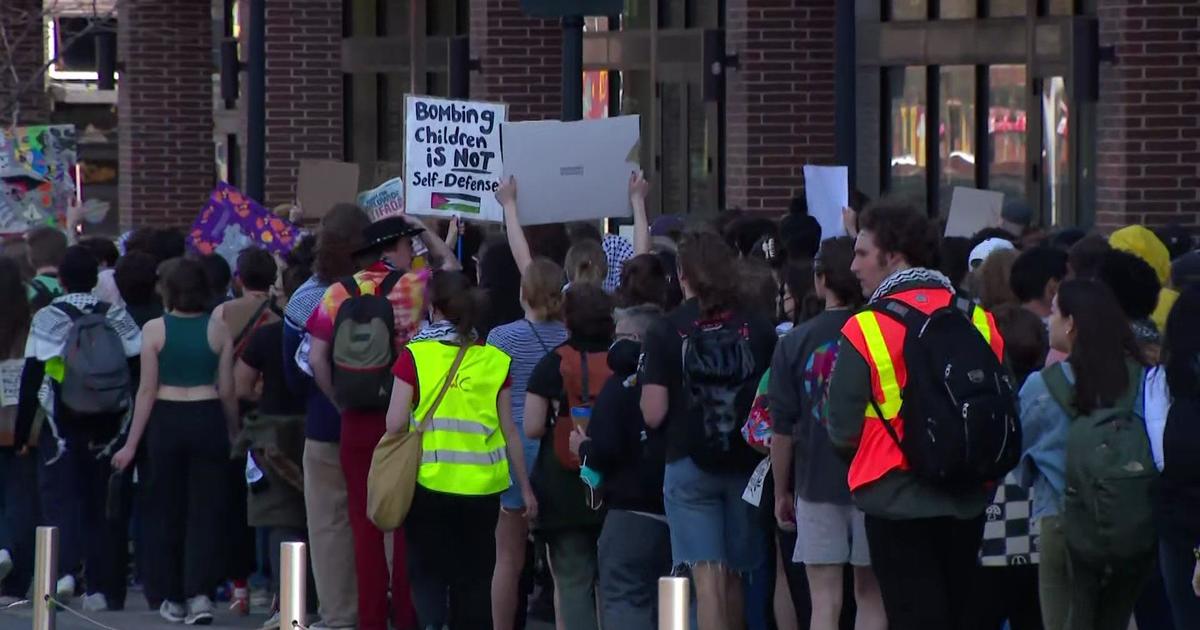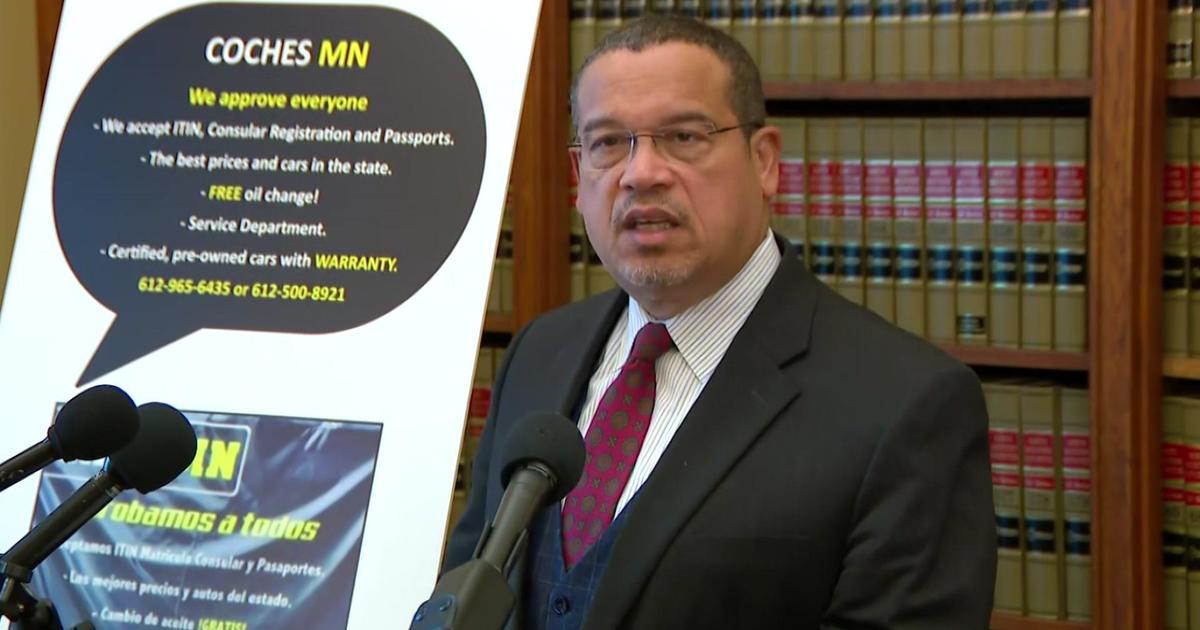Appeals Court Upholds Denial In Debit Fee Case
SIOUX FALLS, S.D. (AP) -- A judge was correct in denying a preliminary injunction against the Federal Reserve seeking to prevent debit card transaction fee limits from taking effect, a federal appeals court ruled Wednesday.
Minnesota-based TCF National Bank, a subsidiary of TCF Financial Corp., filed the lawsuit challenging the regulations' constitutionality against the Fed's chairman Ben Bernanke and its board of governors in U.S. District Court in South Dakota in October.
Merchants maintain the fee charged for debit cards, also called an interchange fee, is too high.
Banks and Visa and MasterCard say the fee takes into account the cost of setting up and maintaining a secure and sophisticated debit payment system.
TCF National Bank said in its arguments that the Durbin Amendment to the Wall Street Reform and Consumer Financial Protection Act of 2010 forces banks to do business below market rate and would mean a loss of $6 million a month for TCF National.
In its written ruling issued Wednesday, the three-judge panel of the 8th U.S. Circuit Court of Appeals said that since TCF is free under the Durbin Amendment to assess fees on its customers to offset any losses, it's skeptical that the amendment has created a price control on the bank's debit-card business.
"The Durbin Amendment only restricts how much certain financial institutions issuing a debit card may charge for processing a transaction," the panel wrote. "It does not restrict how much those institutions may charge their customers for the privilege of using their debit-card services."
In 2009, $1.21 trillion in purchases were paid for with debit cards processed through the Visa and MasterCard networks, generating $19.7 billion in fees paid by merchants, according to data from The Nilson Report, a trade publication. Most of the fees went to banks that issue debit cards.
The Durbin Amendment exempts banks and credit unions with market capitalizations under $10 billion, which TCF National's attorneys argued gives thousands of unaffected banks an unfair advantage.
The U.S. Senate earlier this month voted to let the Federal Reserve limit the fees. Senators who wanted to block the Fed's plan needed 60 votes to prevail, but the vote was six short at 54-45.
(© Copyright 2011 The Associated Press. All Rights Reserved. This material may not be published, broadcast, rewritten or redistributed.)



